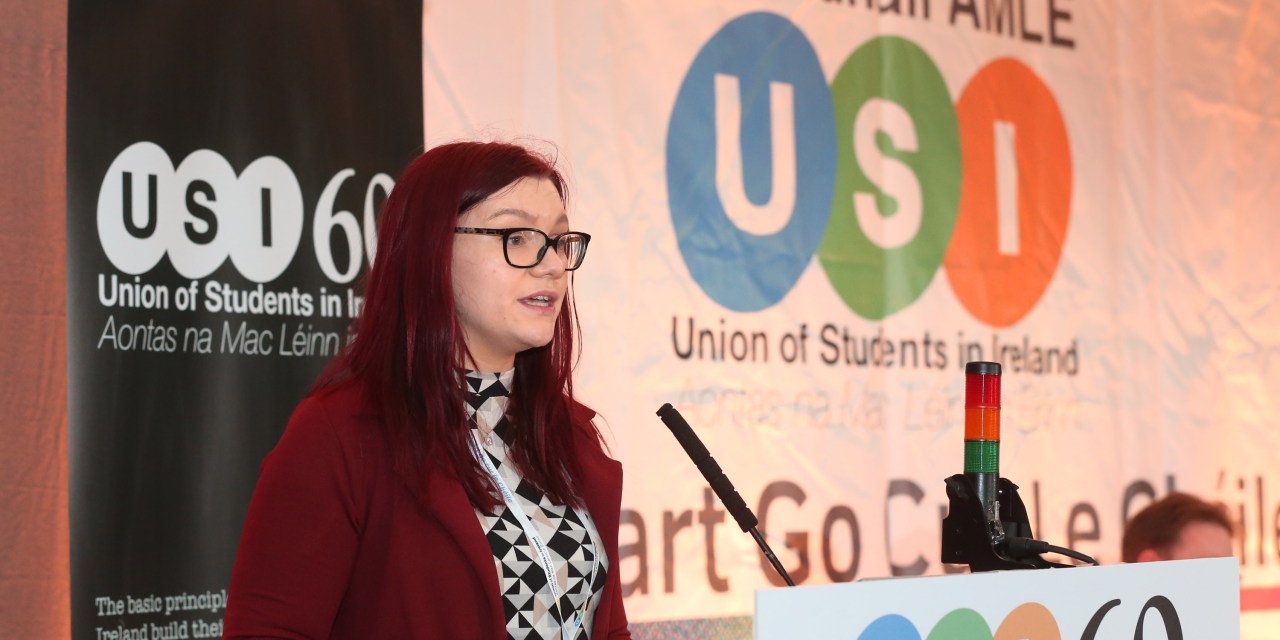Coupled with the winding down of an unprecedented academic year, this April is also set to see the return of the Cassells Report from review in Brussels. Published in 2016, the report assessed the long-term funding requirements of higher education in Ireland and identified three funding options for increased investment in higher education. However, the events of the past year, let alone the past five, have led to a wave of newfound attention around these issues, particularly given the fact that the exit of Britain from the EU has left Ireland with the highest university fees in the bloc.
“Higher education has been severely underfunded for a long time and Ireland is a country that prides itself on high quality education,”
For TCDSU President Eoin Hand, the issue of the student contribution charge is one of the biggest injustices of Ireland’s higher education system. “Higher education has been severely underfunded for a long time and Ireland is a country that prides itself on high quality education,” he said. “All we’re trying to do is level the playing field, to have it as an egalitarian society where everyone and anyone has an equal and the same option to access higher education.”
To put this policy into action, this December Hand and the TCDSU launched a petition to reduce the student contribution charge, which has now garnered over 3,000 signatures. For Hand, the next steps will be to present the petition to both the Provost and the Minister for Further and Higher Education Simon Harris, but he also stressed that students can affect change at the local level through using social media to raise awareness and through encouraging conversations on the issue in their own communities. “It’s not just a small group of students in USI and student representatives in student unions – it’s actually a national issue,” he said.
“We want to see change and see change now.”
“Obviously nationally, we row beyond USI, but we want to see change and see change now.”
In response to the pandemic and subsequent economic recession, the USI has run a campaign called Education for All which, among other things, aims to end the current student contribution charge of €3000. For USI President Lorna Fitzpatrick, the future of higher education funding in Ireland is publicly funded, coupled with greater investment in technology, digital platforms, training for staff and students, and student academic and wellbeing support services. “I think the last year has shown us that our sector was too heavily reliant on external sources of funding or non-exchequer funds, which is everything from conferences & events to international student fees,” she said. “It has shown the dangers associated with running our higher education institutions like corporate businesses, and the negative impact that this operating style has for staff and students.”
The Cassells Report determined that Ireland’s current funding system for education “fails to recognise the current pressures facing higher education institutions” and set out three options to rectify this. The first option was a student loan system, which would have required an additional €100m in funding and which Minister Harris was adamantly opposed to, saying last year that he did not want to see “students emerging from third level heavily indebted”. The report also proposed the idea of core funding, which would require an additional €600m by 2021 and €1bn by 2030, and capital funding, which would call for an increase of €5.5bn in capital investment.
The USI has long called for a €500 reduction to the student contribution charge, which Hand feels is “a good starting point”. “I think the €500 euro reduction is a good starting point because it’s enough money that it makes an impact directly for students and families, but it’s not enough that it makes an impact on funding to third level education, or that it’s too adverse that the government are against the idea,” he said. “Unfortunately I just don’t see a government committing to halfing student contribution and then picking up that bill, but by gradually phasing out the student contribution charge it allows the government to put in the structures and procedures in place to actually cover those charges. But I suppose it’s all about bearing the brunt of the difficulties of our time, knowing that in the future people below us will have it better off.”
Though much has changed in the time since the Cassells Report was sent to Brussels for review by the Oireachtas Education and Skills Committee, Fitzpatrick believes the policies it outlines are still applicable and relevant. “The Cassells Report symbolised the opportunity for publicly funded education,” she said. “It clearly showed that it was not just a pipe dream of the student movement, it was a socially and economically beneficial funding model that would allow for proper funding of the sector while also removing the financial barrier placed upon students through the student contribution charge.”
“The only thing missing is the political will to do it.”
As vaccine rollout continues in Ireland and College prepares for the gradual return to normality, both Fitzpatrick and Hand stressed the need for students to continue pressuring the government to reduce fees. “The economic and social arguments are there – for every €1 you invest in higher education, there is a €4 return to the economy,” Fitzpatrick said. “Attending higher education has a positive impact on your life and your future career prospects and you develop skills both for life and employment. The only thing missing is the political will to do it.”






